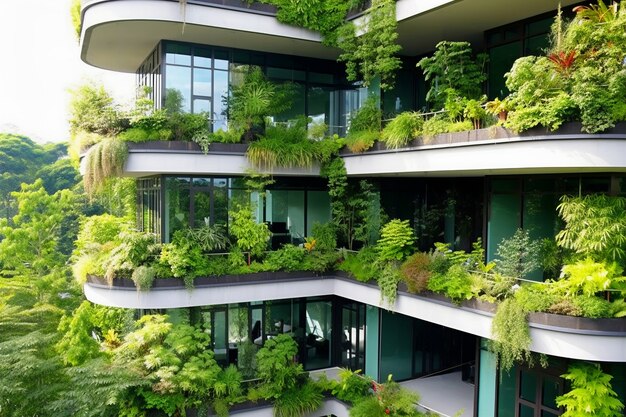
Sponsored article
Home renovation is no longer just about creating beautiful spaces; it’s also about building healthier and more sustainable lifestyles. In this era of increasing environmental consciousness, opting for sustainable materials in home renovations isn’t simply a trend, it’s a necessity. Through this article, we will explore how using these materials can transform your home, enhance your living environment, and contribute positively to the planet. Let us embark on this eco-friendly journey.
Sustainable materials have a transformative effect on living environments. They significantly improve Indoor Air Quality by minimizing toxic pollutants typically associated with conventional materials. This change breeds a healthier and more serene atmosphere in the home. In addition, use of sustainable materials paves the way for resource efficiency. A few benefits include:
Consequently, these advantages underline how sustainable materials create an essential balance between comfort, health, and environmental preservation in our living environments.
Sustainable renovation brings many environment-friendly benefits that not only enhance your home’s aesthetics but serves our planet too. Engaging in sustainable renovation practices can greatly reduce our carbon footprint. By utilizing reclaimed or recycled materials, we minize waste and the demand for new materials, helping to conserve precious natural resources. Nominal improvements like installing energy-efficient appliances or incorporating solar power can lead to decreases in energy consumption. In effect, the strategic approach of environment-friendly improvements in home renovation is not only a benefit to homeowners, but also sends positive ripple effects into the wider environment. It’s a win-win.
In this case study, we delve into a remarkable renovation experience that revolved around the use of sustainable materials. A dilapidated suburban home was given a significant transformation, exchanging outdated fixtures and structures with eco-friendly alternatives. The once faded kitchen was overhauled with cork flooring and bamboo countertops, both highly renewable resources. The living area was spruced up with sustainable insulation made from recycled jeans, providing improved thermal efficiency. With the incorporation of sustainable materials, not only was a visually stunning transformation achieved, but also a reduction in the home’s carbon footprint and energy costs. Therefore, this case study illustrates the amazing transformative power while underscoring the long-lasting benefits of using sustainable materials in home renovations.